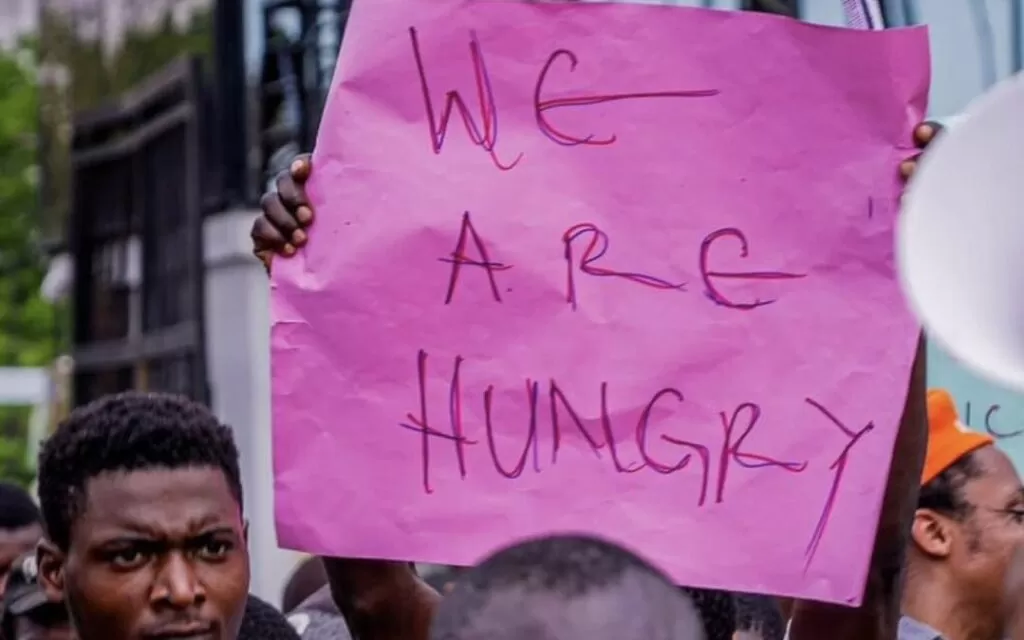Labour Kick Starts Protests Over Hick in Electricity Tariff

In a significant development, the organized labor in Nigeria, comprising the Nigeria Labour Congress (NLC) and the Trade Union Congress (TUC), has commenced nationwide protests against the recent hike in electricity tariffs by the Federal Government. This action is in response to a 240% increase in electricity tariffs for customers in the Band A category, affecting about 15% of the total power consumers in the country.
The protests, which began on May 13, 2024, have seen labor unions picketing the offices of the Nigerian Electricity Regulatory Commission (NERC) and distribution companies (DisCos) across the country. The main demand of the protesters is the reversal of the tariff hike to the subsidy era, emphasizing the need for a more equitable power pricing system that takes into account the current economic realities and the epileptic power supply situation in the country.
The NLC and TUC have expressed dissatisfaction with the hike, arguing that it is not only unjust but also detrimental to Nigeria’s economic growth. They have also highlighted the widespread discontent among citizens and various organizations over the government’s decision.
In response to the protests, the Nigerian Electricity Regulatory Commission (NERC) had announced a slight reduction in the electricity tariff hike, attributing it to the appreciation of the naira in the foreign exchange market. However, this reduction has not satisfied the demands of the labor unions, who insist on a complete reversal of the hike.
The protests have garnered support from various quarters, including civil society groups and electricity consumers, who have expressed solidarity with the labor unions in their call for a more fair and just electricity pricing system. The protests are expected to continue until the government addresses the grievances raised by the organized labor.
This situation underscores the complex challenges facing Nigeria’s power sector and the ongoing struggle to balance economic viability with social equity in the provision of essential services.






